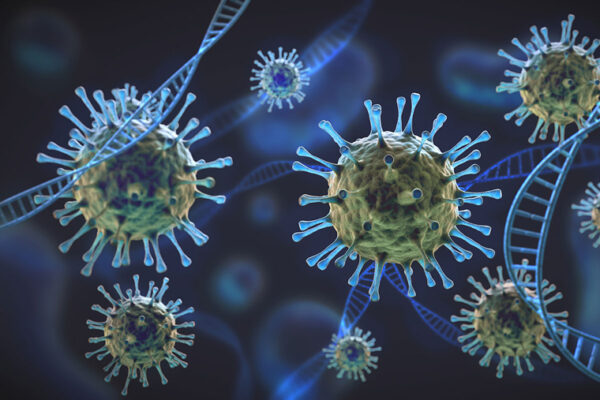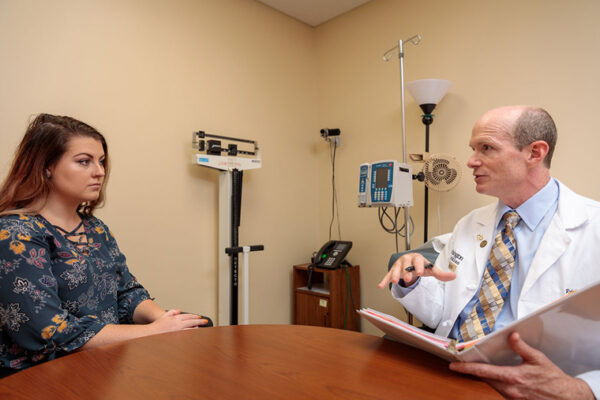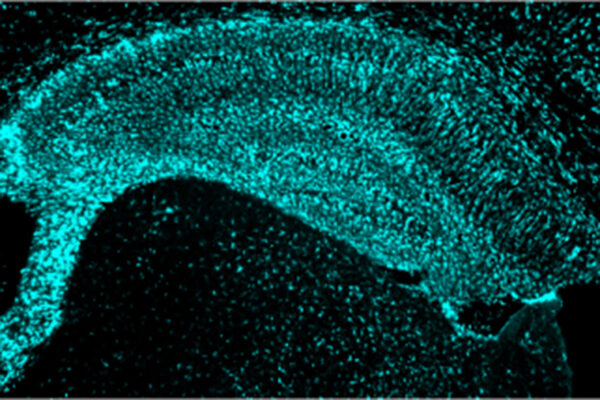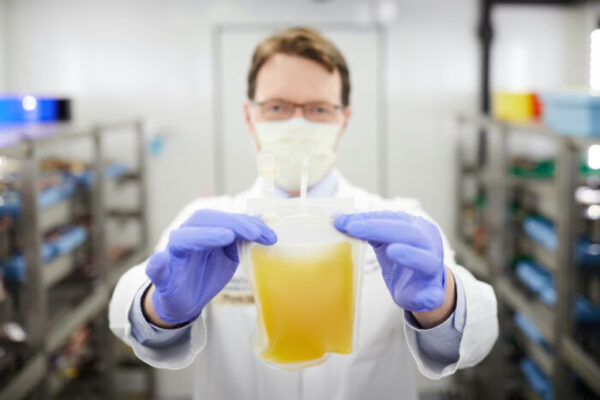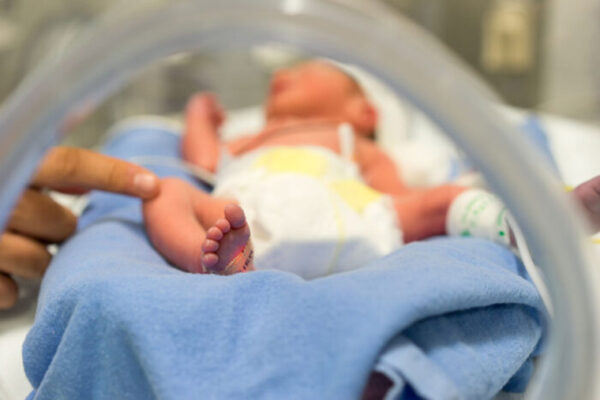Public Affairs team wins CASE awards
The Office of Public Affairs’ magazine, multimedia and news teams recently received gold and silver 2021 Circle of Excellence Awards from the Council for Advancement and Support of Education.
Students selected for economics summer institute
Four Arts & Sciences undergraduate students have been selected for the Expanding Diversity in Economics Summer Institute inaugural cohort, hosted by the University of Chicago.
Virus that causes COVID-19 can find alternate route to infect cells
The virus that causes COVID-19 normally gets inside cells by attaching to a protein called ACE2. School of Medicine researchers have found that a single mutation confers the ability to enter cells through another route.
New snack foods nurture healthy gut microbiome
Researchers at the School of Medicine have identified ingredients for snack food prototypes that have been formulated to deliberately change the gut microbiome in ways that can be linked to health.
Investigational Alzheimer’s drug improves biomarkers of the disease
An investigational Alzheimer’s drug showed mixed results, reducing molecular markers of disease and curbing neurodegeneration, without demonstrating evidence of cognitive benefit, in a clinical trial led by School of Medicine researchers.
Protein linked to heart health, disease a potential therapeutic target for dementia
Researchers at Washington University School of Medicine have found that high levels of a normal protein associated with reduced heart disease also protect against Alzheimer’s-like damage in mice, opening up new approaches to slowing or stopping brain damage and cognitive decline in people with Alzheimer’s.
Taking action in St. Louis
As co-founder and executive director of Action St. Louis, Kayla Reed, AB ’20, is committed to fighting injustice in her hometown.
Wrighton receives LaunchCode Moonshot Award
Chancellor Emeritus Mark S. Wrighton received a 2021 Moonshot Award this month from LaunchCode, a St. Louis-based nonprofit focused on teaching people to code, in recognition of his work on the STL2030 Jobs Plan.
Blood cancer patients with COVID-19 fare better with convalescent plasma
Jeffrey P. Henderson, MD, PhD, at Washington University School of Medicine, is an author on a new study that shows that convalescent plasma from recovered COVID-19 patients can dramatically increase the likelihood of survival for blood cancer patients hospitalized with COVID-19.
Immune system protein may defend against deadly intestinal disease in babies
A study led by researchers at Washington University School of Medicine has identified a protein in the immune system that may protect babies from necrotizing enterocolitis, a leading cause of death among premature infants.
View More Stories


